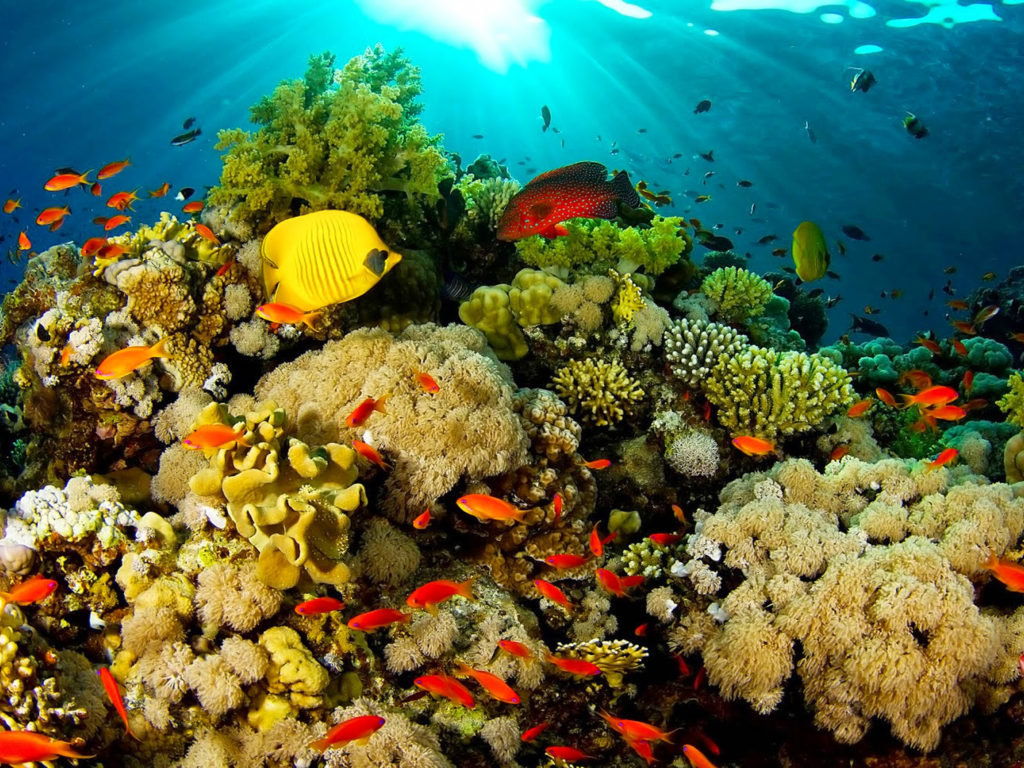
Havana, September 21.- Miguel Díaz-Canel Bermúdez, First Secretary of the Central Committee of the Communist Party of Cuba and President of the Republic, signed in New York the treaty for the Conservation and sustainable use of marine biodiversity beyond the waters jurisdictional.
This was reported by the president in his account in X, and commented on the prevailing need for this instrument, one of the most important negotiated during this century, to come into force as soon as possible.
We signed the treaty for the Conservation and sustainable use of marine biodiversity beyond jurisdictional waters, aware of the prevailing need for this instrument, one of the most important negotiated during this century, to come into force as soon as possible.
Later, Díaz-Canel added that the treaty represents a historical fact and an achievement achieved by developing countries.
For Cuba it was an honor to have assumed the coordination of the 134 member countries of the G77 during the last and decisive session of the Conference on Marine Biodiversity, he wrote in his message.
“This treaty, without a doubt, is a historic fact and an achievement achieved by developing countries. For Cuba it was an honor to have assumed the coordination of the 134 member countries of the G77 during the last and decisive session of the Conference on Marine Biodiversity.
The new International Treaty was approved on March 4 by the delegates of the Intergovernmental Conference on Marine Biodiversity in Areas Beyond National Jurisdiction, as the culmination of ongoing negotiations that began in 2004.
In this Conference, he participated representing the Group of 77 plus China and in the debates it was possible to maintain the unity of the group until the end of the process, allowing favorable results to be achieved for developing nations.
This agreement is considered vital to meet the objectives related to the 2030 Agenda for Sustainable Development and proposes placing 30 percent of the world's oceans in protected areas, allocating more money to marine conservation and covering access and use of marine genetic resources of marine plant, animal, microbial or other origin. (ACN) (Photo: Archive)